
Chapter 8
The Future of Prop Firms
Prop firms have achieved huge milestones, far better than legacy proprietary trading businesses like banks. Most notably, they have lowered entry barriers for new prop firms and retail traders. Based on these successes, the proprietary trading industry experienced one of its best years in 2022. However, the future of the firms poses various opportunities and challenges.

Increased Investment in Technology for Market Expansion
According to a report, many prop firms are increasing investment budgets across various departments in anticipation of even greater expansion in 2023. The report detailed that 68% of the surveyed firms intend to allocate more funds to technology solutions. Primarily, the investment seeks to improve latency on existing markets and connectivity to new markets. In addition, transaction speeds are on the agenda because most prop firms anticipate the global financial market to experience substantial volatility in the coming years.
Growth Opportunities through Increased Competition
Increased competition is another opportunity that prop firms will enjoy in the future. More players in the ecosystem will force prices further down and make evaluation rules easier. As a result, even more new firms will enter the space, increasing the benefits for retail traders.

Potential for Regulatory Framework and Global Recognition
There is also the possibility of authorities across the globe recognizing the potential of the prop trading industry and developing a regulatory framework to formalize the sector. This presents a huge opportunity for legitimate prop firms to grow their network across regions and engage more retail traders.
Weed Out Fraudulent Entities for Industry Reputation and Legitimacy
Another massive opportunity prop firms should anticipate is the weeding out of fraudulent entities. As discussed earlier, the low barrier to entry has allowed unscrupulous actors to infiltrate the ecosystem, damaging the industry's reputation. However, it takes a few years for fate to catch up with bad actors. The sooner this happens, the stronger the importance of legitimate players will become.
You have completed chapter 8 of 10. Please answer the question below to continue to the next chapter.
I prefer to continue without answering

Fill in the form below to start your trading journey off right with the prop firm that puts traders first.
